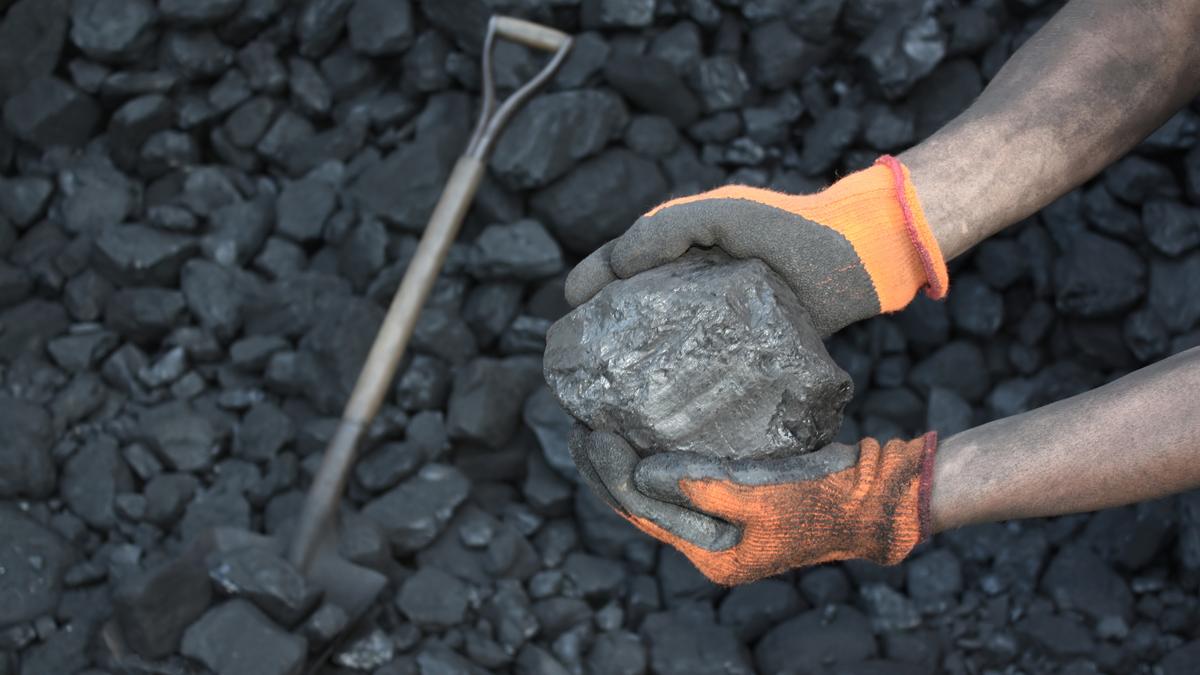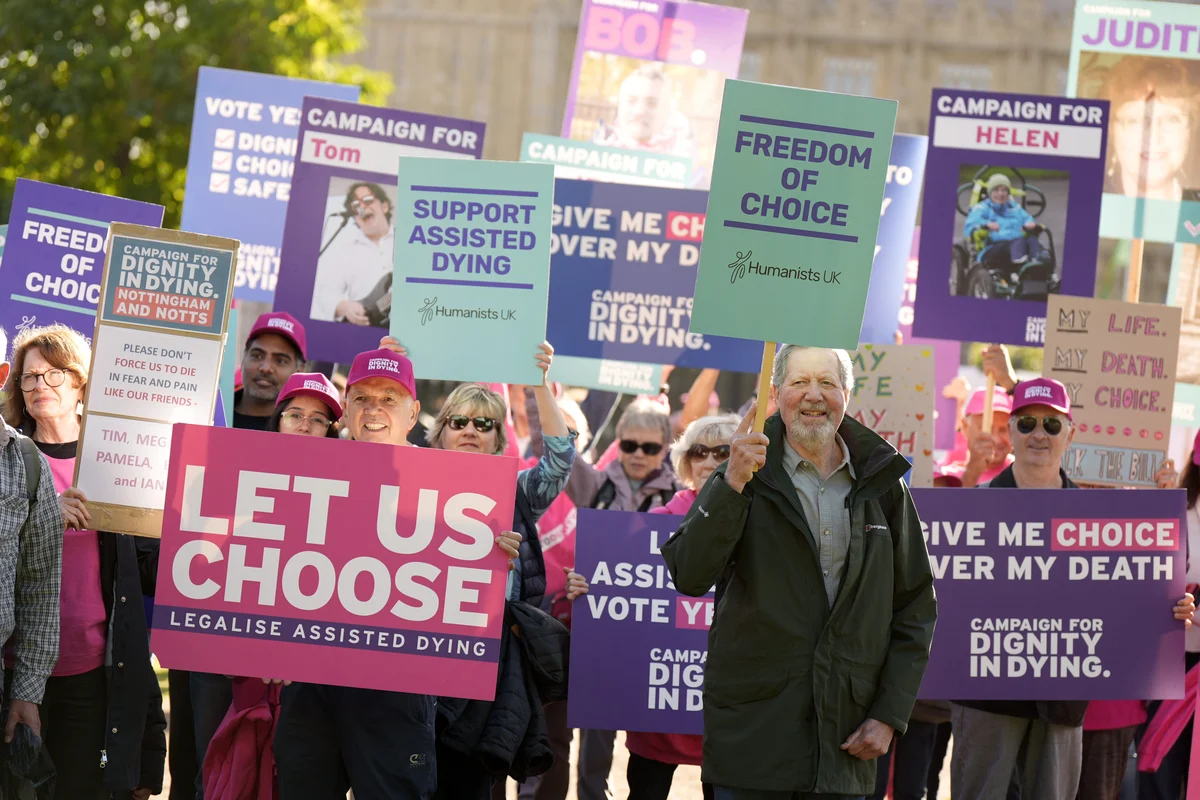By Geetha Srimathi
Copyright thehindu

Fossil fuels are driving a global health emergency, causing widespread and lasting harm to people at every stage of life, according to a new report by the Global Climate and Health Alliance (GCHA), a consortium of health professional and civil society organisations around the world, addressing climate change.
The study, titled ‘Cradle to Grave: The Health Toll of Fossil Fuels and the Imperative for a Just Transition’, finds that coal, oil and gas damage health from extraction through to combustion — leaving a legacy of illness, pollution, and environmental destruction that extends far beyond carbon emissions.
The report, authored by researchers Shweta Narayan and Jen Kuhl both with GCHA, documents the health and environmental toll of industrial pollution worldwide. Its case studies span diverse geographies: oil extraction in Bayelsa, Nigeria, which devastates local communities; the ‘Cancer Alley’ in Louisiana and the San Bruno pipeline explosion in California, both illustrating industrial accidents in the U.S.; and a coal slurry spill in Borneo, Malaysia.
It also recounts the deadly gas explosions in San Juanico, the combined impacts of frequent typhoons and coal-fired power plants in the Philippines and along India’s eastern coast, as well as the far-reaching consequences of fossil fuel industries in South Africa and Australia.
The study warns that air and water pollution, toxic waste, and habitat destruction are woven into every link of the fossil fuel chain, leaving behind public health crises that persist long after mines close or rigs shut down. While debates on fossil fuels have largely centred on carbon emissions, the review argues that the wider health burden — ranging from birth defects to dementia — has been dangerously overlooked.
Womb to old age
Exposure to fossil fuel pollution, the report notes, affects every stage of life. During pregnancy, pollutants released during drilling and combustion have been linked to low birth weight, miscarriage, preterm birth and congenital abnormalities. Many of these impairments are permanent, the study suggests.
Children face heightened risks because of their faster breathing rates, developing organs and narrower airways. Fossil fuel pollutants are linked to asthma, impaired lung function, childhood cancers such as leukaemia, and neurological damage. In older adults, cumulative exposure, declining organ function and chronic illness make them especially vulnerable, with risks ranging from cardiovascular disease to dementia.
A toxic chain
Each stage of the fossil fuel life cycle contributes to the health crisis. The study suggests that extraction methods such as fracking, coal mining and offshore drilling release benzene, heavy metals and radioactive materials, raising rates of respiratory and cardiovascular diseases, cancers and neurological disorders in nearby populations.
Refining and processing produce carcinogens including benzene, toluene and volatile organic compounds, with serious risks for workers and neighbouring residents. Transport and storage carry the threat of leaks and spills, which contaminate air and water supplies, leading to both acute and chronic health problems, as per the study.
Combustion — whether in vehicles, homes or power plants — produces fine particulate matter (PM2.5), nitrogen oxides and black carbon. These pollutants are linked to asthma, strokes, heart disease, reproductive damage, cancers and premature death. Even after fuels are burned, waste lingers: coal ash and gas flaring release heavy metals into soil and water, while abandoned mines and wells leave a toxic legacy that lasts for decades.
The persistence of pollutants such as mercury, lead, arsenic and benzene means communities often remain exposed long after industrial sites close. These substances bioaccumulate in soils, rivers and food chains, causing neurological impairment, kidney disease, cardiovascular damage and cancers across generations.
Unequal burdens
The review highlights that fossil fuel health harms are not evenly distributed. Marginalised groups — including indigenous peoples, racial minorities, migrant workers and low-income households — are disproportionately exposed because they often live near mines, refineries and power plants.
These “sacrifice zones” leave residents facing elevated rates of respiratory illness, cancer and cardiovascular disease, while systemic barriers limit their access to healthcare and safe housing. Fossil fuel projects have also displaced communities, disrupted traditional livelihoods, and contributed to long-term mental health problems. In some regions, extraction zones have been linked to increased violence, substance abuse and human trafficking.
In a virtual press briefing on September 9, 2025, the report’s authors highlighted significant health disparities in the Global South, where research is limited and often overshadowed by the influence of the fossil fuel industry, which can pose risks to those conducting studies.
In some areas, access to research sites is tightly controlled by military-like forces. Ms. Narayan pointed out that in the Global South, people often face stark choices between earning their daily wage and seeking healthcare. Due to social, economic, and political constraints, the collection of health data is further limited, she said.
Despite these challenges, Ms. Kuhl said that the harmful effects of toxic chemicals are universal, the diseases and health impacts cannot be expected to differ significantly.
Policy blind spots
Despite mounting scientific evidence, climate and health policies have not fully accounted for these health harms. International climate negotiations have focused on carbon dioxide and methane, but overlooked pollutants that drive cancer, neurological disease and social disruption. Carbon capture and offsetting technologies cannot address toxic contamination, abandoned site legacies, or the broader social costs, the study argues.
Meanwhile, subsidies continue to prop up fossil fuels. In 2022, governments worldwide spent an estimated US$7 trillion on subsidies, according to the International Monetary Fund. Of this, US$1.3 trillion went to direct financial support such as tax breaks, while US$5.7 trillion represented “implicit” subsidies such as the unpriced societal costs of air pollution, traffic congestion, climate change and health damage.
The review says that phasing out subsidies and investing in renewable energy could prevent millions of premature deaths and generate trillions in public revenue.
Just transition
The study calls for a rapid and just transition away from fossil fuels. That includes halting new exploration, enforcing stricter pollution controls, cleaning up toxic sites, and making polluters pay for the health costs they currently offload onto public systems.
The authors urge governments to ensure that transition policies address equity, with targeted investments in healthcare, remediation, and economic alternatives for communities and workers historically dependent on fossil fuel industries.
The report also calls for curbs on fossil fuel advertising and lobbying, noting parallels with tobacco control. It suggests banning fossil fuel sponsorships, excluding companies from international forums such as the COP climate talks, and promoting evidence-based counter-marketing to challenge misinformation.
The health sector itself, the authors argue, must lead by example by cutting its own dependence on fossil fuels and raising awareness of the health impacts.



